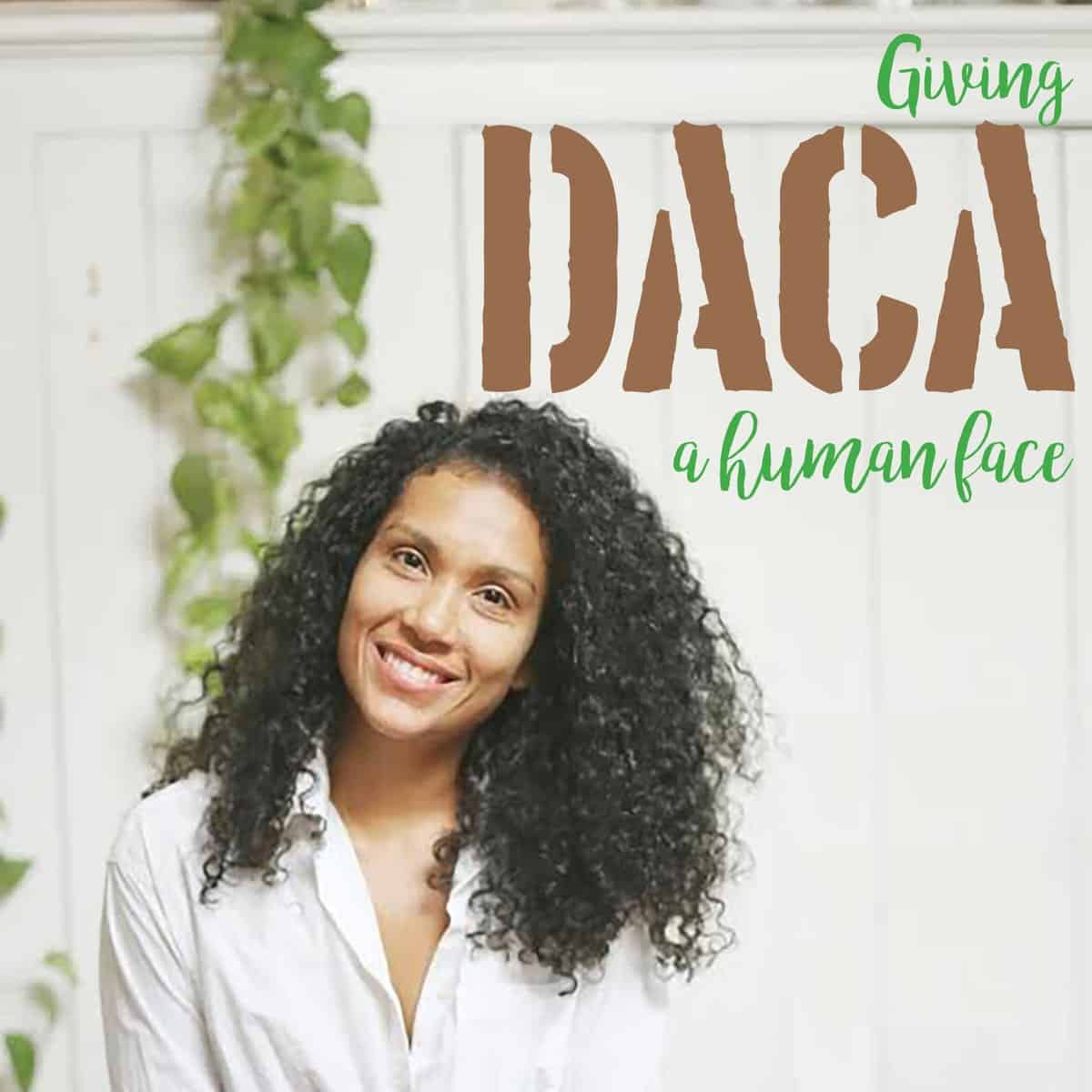
In my work with millennials, I’ve often noted that they, the New Copernicans, dislike abstractions. While they are attracted to concerns for social justice, they do not like it when issues affecting real people are approached as disembodied theories or academic abstractions. For them, every pubic policy concern must have a name and a face. This is a valuable sensibility.
My son, Alex, learned this from experience as a star in the Al Jazeera America reality TV show Borderland. Six contestants started in a morgue in Tucson, Arizona filled with 300 immigrants who died in the desert south of the city. Two by two they took a name tag off one of the corpses, learned their identity, and then retraced his or her steps back to the point of death in the desert.
Alex’s woman had been deported from South Dakota, where she had a good middle-class job. He went to El Salvador to meet her family, rode La Bestia or “The Beast,” the dangerous freight train through Mexico frequented by immigrants, gathered the same supplies this woman did in a border town whose entire economy is based on serving the immigrants fleeing to America, walked through the desert led by an armed “coyote” to the spot of her death, and was eventually picked up by Border Patrol in Arizona.
Alex, a liberal New York artist, was paired with a hotheaded Tea Party radio host to rev up the necessary reality TV drama. And the experience changed him. Having walked for more than a mile in an immigrant’s shoes, he realized just how disconnected the public policy debates on cable news are from the lived experience of immigrants. The abstract talk doesn’t match the lived reality. This past weekend, Alex married a wonderful woman from Medellín, Colombia. She is also a DACA receiver. In our family, the DACA debate has a name and a face.
What we are to do with the children who where brought into the United States illegally by their parents is no longer an abstract question or an academic public policy debate in our home.
What we are to do with the children who where brought into the United States illegally by their parents is no longer an abstract question or an academic public policy debate in our home. These children are often referred to as “DACA,” or “dreamers.” “DACA” stands for Deferred Action for Childhood Arrivals, an Obama-era policy that kept these children from being deported. President Trump has promised to abandon this policy, but has first deferred it to Congress. DACA recipients are now a political football, a living hot potato. Few ask, what does it feel like to be a DACA? The fear? The uncertainty? The rejection?
Perhaps finding the answers to those questions starts with taking the time to ask. Our impulse for justice must maintain a living connection. Justice—love expressed in public—demands nothing less.
John Seel is a consultant, writer, cultural analyst, and cultural renewal entrepreneur. He is the founder of John Seel Consulting LLC, a social impact consulting firm working with people and projects that foster human flourishing and the common good. The former director of cultural engagement at the John Templeton Foundation, he is a national expert on millennials and the New Copernicans. He has an M.Div. from Covenant Theological Seminary and a Ph.D. in American Studies from the University of Maryland (College Park). He and his wife, Kathryn, live in Lafayette Hill, PA. He directs the New Copernican Empowerment Dialogues at The Sider Center at Eastern University. This post originally appeared on his blog, New Copernican Conversations.
Editor’s Note: On Wednesday, October 25 at 8:00PM, at the Jammin’ Java coffee house in Walton Hall at Eastern University, New Copernican Conversations is hosting a salon with Vanessa Upegui, Alex’s new wife and John’s favorite DACA activist. The salon is entitled, “Giving DACA a Human Face.” If you are in the area, come hear Vanessa’s story. Click here to watch the Facebook Live recording!


